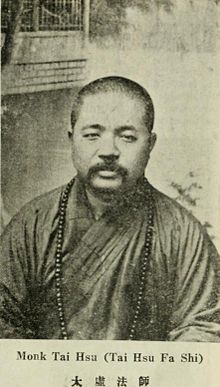Sun Pao-ch'i (26 April 1867-3 February 1931), diplomat who represented the Ch'ing government in France and Germany and who served the Peking government as minister of foreign affairs and premier. The eldest son of Sun Yi-ching, an assistant imperial tutor, Sun Pao-ch'i was born in Hangchow. He received a traditional education in the Chinese classics. […]







